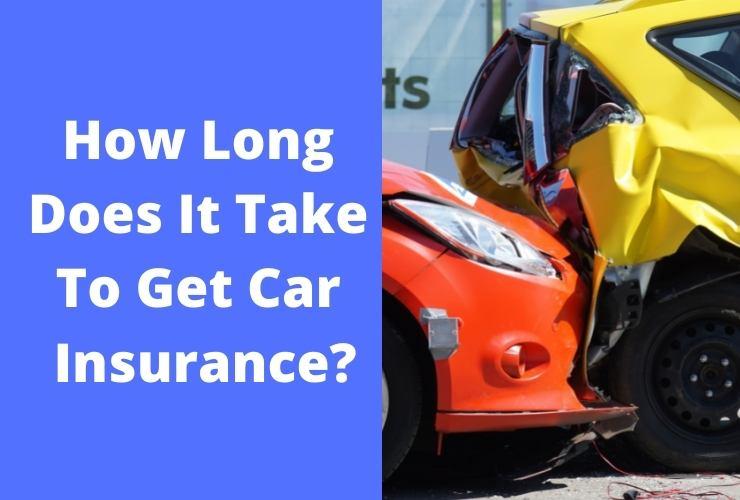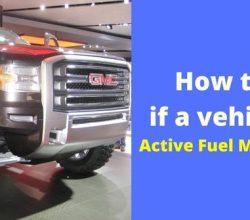An engine swap is a process of removing an old engine from a vehicle and replacing it with a new or refurbished one. This process is often undertaken by car enthusiasts looking to improve the performance of their vehicle or by those with worn-out engine that needs replacing.
However, before diving into an engine swap, it’s essential to understand the costs involved. In this article, we’ll take a closer look at how much an engine swap typically costs.
Average Cost of an Engine Swap:
The cost of an engine swap can vary greatly depending on the factors listed above. However, to give you an idea of the average costs involved, we’ve broken down the average costs of an engine swap into three categories:
- Basic engine swap: A basic engine swap involves replacing an old engine with a similar, used engine. The average cost of a basic engine swap ranges from $2,500 to $5,000.
- Refurbished engine swap: A refurbished engine swap involves replacing an old engine with a refurbished one that has been rebuilt and restored to like-new condition. The average cost of a refurbished engine swap ranges from $3,000 to $7,500.
- High-performance engine swap: A high-performance engine swap involves replacing an old engine with a new, high-performance engine. The average cost of a high-performance engine swap ranges from $7,500 to $20,000.
Also Check: How to reset reduced engine power light? [Simple Guide]
Additional Costs to Consider:
In addition to the costs listed above, there are also several additional costs to consider when undertaking an engine swap. These costs can include:
- Transportation costs: If you’re having a new engine shipped to the shop, you’ll need to factor in transportation costs.
- Tuning and calibration costs: After the engine swap is complete, the vehicle will need to be tuned and calibrated to ensure it’s running properly.
- Unexpected costs: In some cases, unexpected costs may arise during the engine swap process. This could include discovering additional parts or components that need to be replaced or repaired.
- Warranty costs: Some shops may offer a warranty on their engine swap services. Be sure to ask about any warranty options and the associated costs.
Factors That Affect Engine Swap Costs
There are several factors that can impact the cost of an engine swap, including:
- Type of engine: The cost of the engine itself can vary greatly, depending on whether it’s new, refurbished, or used. High-performance engines will also cost more than standard engines.
- Labor costs: Labor costs will depend on the shop performing the swap and the level of experience of the mechanic. Some shops may charge a flat rate, while others may charge by the hour.
- Additional parts and components: Depending on the condition of the vehicle and the engine being swapped in, additional parts and components may be necessary to complete the swap. This could include things like new engine mounts, a new transmission, or a new exhaust system.
- Vehicle make and model: The cost of an engine swap can vary depending on the make and model of the vehicle. Some vehicles may require more time and labor to complete the swap than others.
Also Check: Why car loses power but engine still running?
Conclusion
Overall, the cost of an engine swap can vary greatly depending on the type of engine, labor costs, additional parts and components, and the make and model of the vehicle.
While the costs listed above are averages, they should give you a general idea of what to expect when undertaking an engine swap. It’s important to do your research and choose a reputable shop to perform the swap, as well as to budget for any additional costs that may arise during the process.


